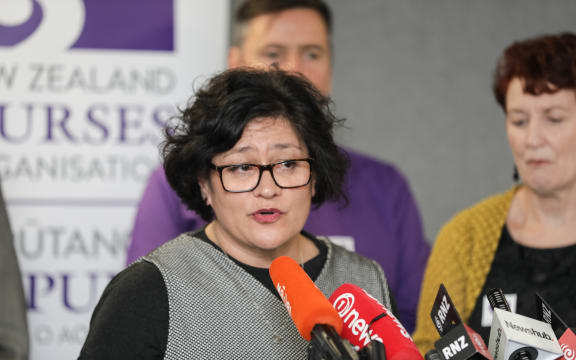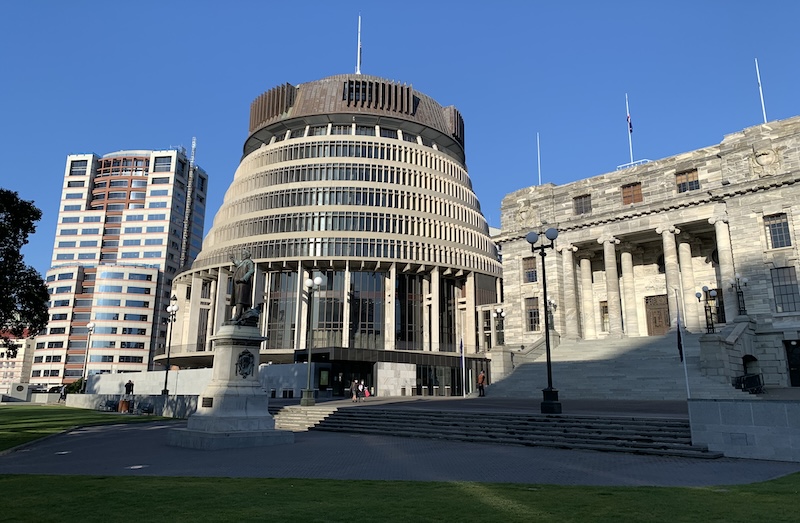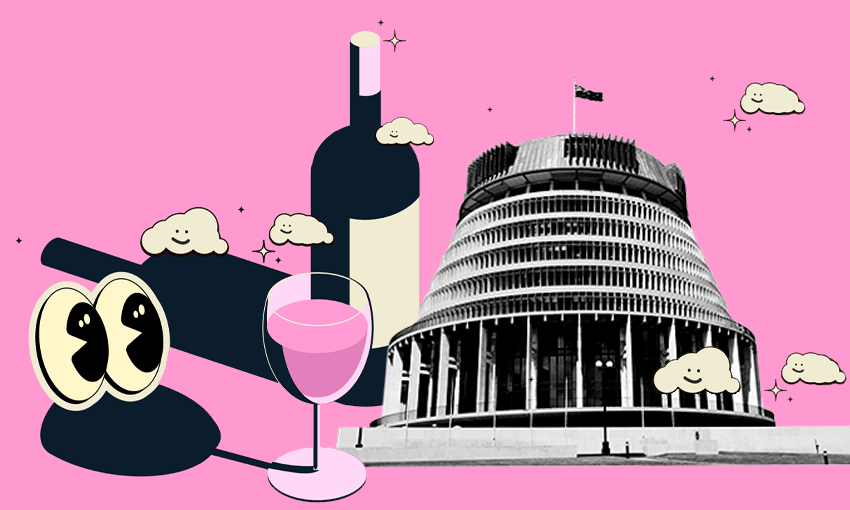Māori nurses are calling for more Māori health workers amid growing staff shortages and burnout.
A kaihautū (leader) says she has seen many occasions where non-Māori doctors and nurses have given up on Māori patients. File pic.
Photo: 123RF
They say there should be less focus on bringing in nurses from overseas and want the government to prioritise building a Māori workforce.
One of the nurses who wanted to see more Māori in the workforce was kaihautū cancer navigator Myra Pourau, who takes care of patients at Tauranga Hospital.
She has seen many occasions where non-Māori doctors and nurses have given up on Māori patients.
“All they see is someone who can’t be bothered with their health but they don’t go that one step further and I’ve asked that question, I’ve said has anybody asked why there is a problem, why aren’t they presenting, why are there any difficulties and they … just said no,” Pourau said.
“We all know about consent but I just believe we go that one step further and try and break down what the problem is.”
She had also faced blatant racism, she said.
She was also critical of the poor pronunciation non-Māori health workers used with many referring to ‘Mawris’ [sic].
“Do you know anything about whanaungatanga, do you know anything about whakapapa and they go, ‘No I haven’t got a clue what you’re talking about but Māoris [sic] love us’. I used to get that all the time, ‘Māoris love us, we have no problems with our patients’ and I said, ‘Oh really, but do you realise that my position was created because there was a problem. There was an identified problem that people weren’t engaging so how can you explain that?’ and they go, ‘Well you know, cos you’re a Māori they gave you the job’,” Pourau said.
Pourau was adamant there would be more Māori patients alive today if more Māori nurses and doctors were helping care for them.
“I believe so, honestly I do. It’s because of the fact that we are Māori also helps our people to engage better and the fact that we know that [there are] problems that do exist out there for our patient,” Pourau said.
Her call comes after the government announced a $14 million plan to recruit more nurses, however, within that, there was no specific target for Māori and Pasifika staff.
‘Make training free’

Kerri Nuku
Photo: RNZ / Rebekah Parsons-King
Nurses Organisation kaiwhakahaere Kerri Nuku wanted the government to prioritise building a Māori and Pasifika workforce and said that meant making it easier for people to do the training.
“Part of their [the government’s] expectation is they do practicals away from home often which means financially it’s a burden. So if you want to reduce the barrier make it free, make training free, make it accessible and then you’ll see an increase in young people wanting to take up nursing,” Nuku said.
Māori made up 7 percent of the nursing workforce – a figure that had not changed since 2007, she said.
The government plans to recruit more nurses from overseas, but nursing manager Mairi Lucas said there needed to be some changes in the way they were treated.
“We’re not able to look after the ones that we have here already. Many internationally qualified nurses are coming into the country and not actually working in nursing because it’s too difficult to go through the process of registration, visa, approvals and so we’ve got to get that sorted,” Lucas said.
She believed the Māori Health Authority was a good start, but she questioned how much it could achieve.
“Although seriously underfunded, $168 million over four years is not a great start at all, I’m not sure what the full expectation of that is but that’s going to be very difficult from the get-go.”
Govt working for Māori equity in health

Peeni Henare
Photo: RNZ / Angus Dreaver
Associate Minister of Health (Māori Health) Peeni Henare said ensuring the health system provided greater equity for Māori was a key principle at the heart of the government’s health reforms.
“Increasing the number of our people in our health workforce is a key part of that,” Henare said in a statement.
The government was building the New Zealand-trained workforce and growing the Māori health workforce, as well as recruiting internationally qualified nurses, he said.
“These are not mutually exclusive at all, and our response to current workforce pressures in no way subtracts from our commitment to build the Māori health workforce.”
The government was keen to see more Māori nurses “that’s why Te Aka Whai Ora is working in partnership with Te Whatu Ora to ensure we increase the number of Māori participating across the whole health workforce,” Henare said.
“The recent health reforms provide a real opportunity in this space, elevating partnership through Te Aka Whai Ora while simultaneously allowing a more streamlined and centralised approach than the 20 different fragmented DHBs under the old scheme.
“For example, work is already under way to increase Māori involvement in nursing training programmes. For Bachelor level nursing programmes there was an increase in Māori students enrolling from 348 in 2010 to 560 in 2021, a more than 60 percent increase. In the one-year Enrolled Nursing Diploma there were nearly three times as many Māori students enrolled in 2021 than a decade ago.”
Henare said this year’s Voluntary Bonding Scheme intake was the biggest in more than a decade. Across all categories, 89 registrants were Māori (16.7 percent), and a record number of Māori nurses were funded as part of the scheme (70 in total).
“The Return to Nursing Support fund provides financial support for New Zealand-based nurses so they can return to practice, and we are very keen to attract Māori nurses back into the workforce.”
In addition, the “Real Nurses” multimedia recruitment campaign displayed nursing as a diverse, meaningful and rewarding career which helped whānau and communities with targeted ads on Facebook, Instragram, TikTok, YouTube, and Twitch aimed at 18-24 year olds, with a skew towards a Māori and Pacific audience.





















Discussion about this post